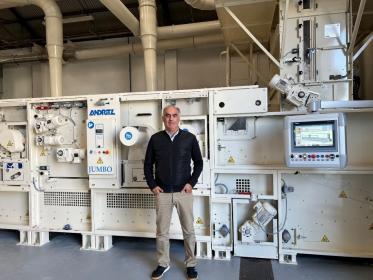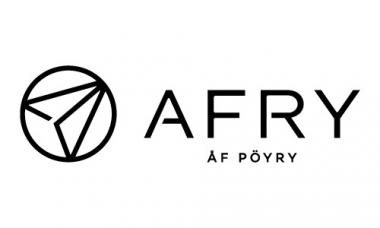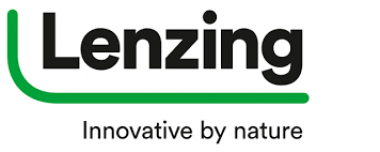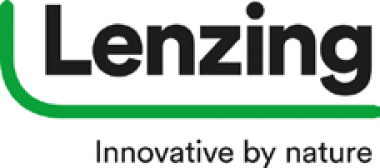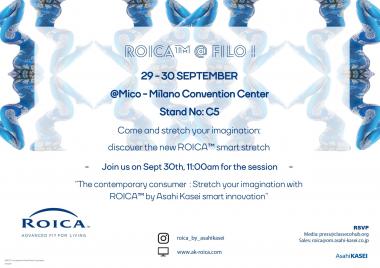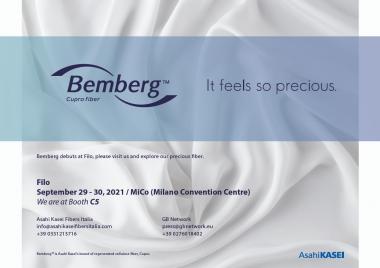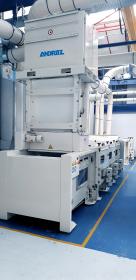ANDRITZ delivers tearing line to Sasia
In January 2022, international technology group ANDRITZ successfully started up its latest-generation tearing line for spinning grade fibers delivered to Sasia at its Ribeirão premises, Portugal.
The scope of supply includes a seven-cylinder Jumbo tearing machine dedicated to spinning grade fibers. As the first of its kind in Portugal, the machine contains the latest ANDRITZ Laroche innovation for fiber opening, featuring a new-generation pinning configuration.
ANDRITZ has worked closely with Sasia for more than half a century, offering both cutting-edge solutions for recycling as well as every possible fine-tuning customization to support Sasia’s goals. Sasia’s plant now has four state-of-the-art ANDRITZ Laroche tearing lines.
A pioneer in the textile recycling industry since its foundation in 1952, Sasia is engaged in the circular economy with the aim of reducing textile waste by turning it into usable raw material again, increasing ability to compete as well as promoting innovation and sustainability.
This order not only underlines ANDRITZ’s position as the leading supplier worldwide of textile recycling lines, but also highlights its ability to bring continuous improvement with sustainable solutions and versatility to its customers.
ANDRITZ AG


